Attention: Sometimes we receive a commission when you make a purchase through the links on our site.
So you are considering diving into the backyard chicken life are ya? Do it! It really can seem a bit overwhelming with all of the differing advise out there. The question remains: are backyard chickens a lot of work?
Backyard chickens, as with all living creatures, have the basic needs of food, water and shelter. Oh and don’t forget love! The hardest part of raising backyard chickens is getting everything set up right in the beginning. If done correctly, raising backyard chickens does not take up a lot of time.
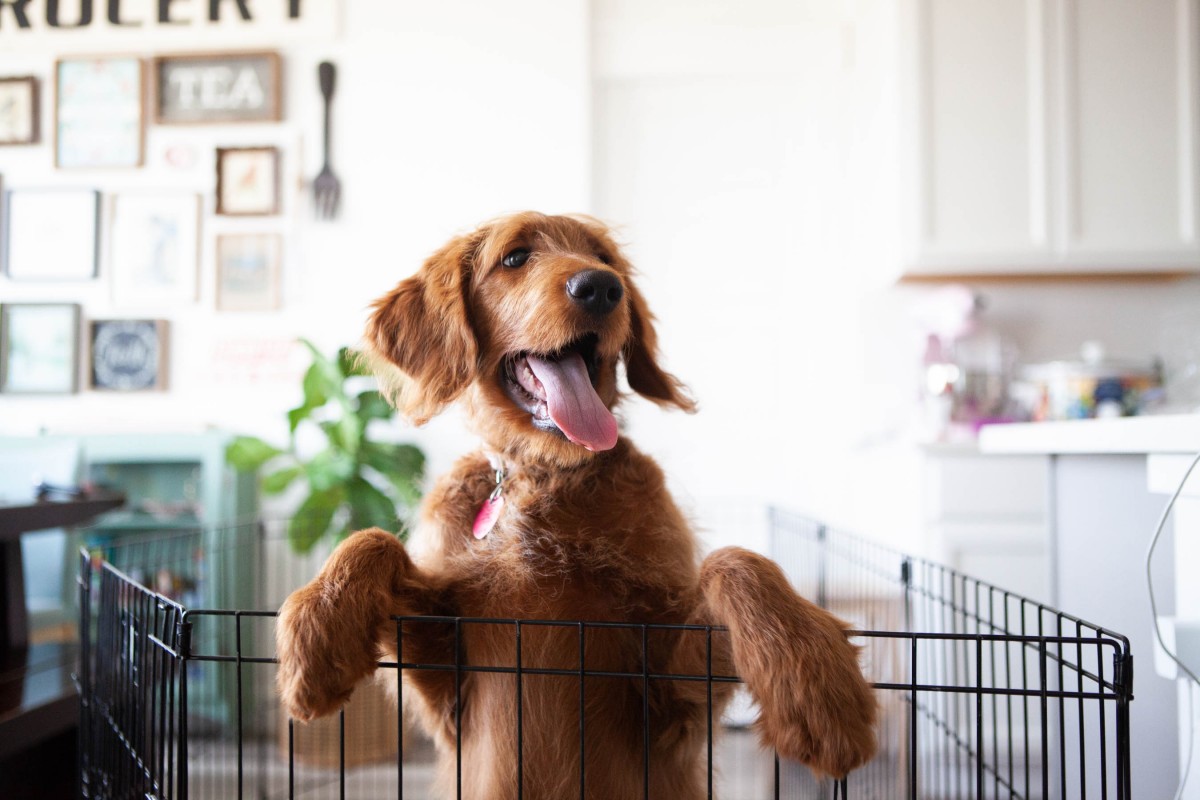
When we first got our dog Lulu, I had a ton of questions. Now, almost six months later, it is all second nature. That is how raising backyard chickens will be for you. Once you have your chicken coop set up and your feeder and waterer in place, it will literally take only minutes a day to keep a happy backyard chicken flock.
Read through the guide below and you will be well on your way to having your own happy flock of backyard chickens at your home.
Shelter
Chickens are very well suited for surviving on their own. I can say that I have not seen many chicken coops in the wild. They do adapt to backyard life very well also. As long as you can replicate what they use in the wild for shelter, they will be happy.
Free ranging
Free ranging is when chickens are allowed to be out of containment. A lot of people who raise chickens feel this is the best and most natural way to raise chickens. In a backyard setting this generally means out of their coop but limited by the fence lines of your yard. Having fences tall enough to keep critters and predators out is a great start to keeping your backyard chickens sheltered.
Having trees or some type of roof or covering is another important piece of shelter while your backyard chickens are free ranging. This helps protect your flock from overhead predators like hawks. Also it helps them get out of the sun and heat.
Roosting
Chickens, like other birds, like to roost up off the ground. This gives them protection during the night from critters walking around on the ground. The chickens that are highest in the pecking order get the highest roosting spots. The also take the middle so they have plenty of friends around them to keep them warm.
Generally speaking, you can provide shelter for roosting with a chicken coop. If you have trees big enough to handle the weight of the birds, that could be a suitable alternative as well. Your backyard chickens won’t really fly too high, generally speaking, so tree branches high enough to keep them safe, might be just out of flying distance.
One benefit of using a coop is you can lock the door and know 100% that they are secure and protected.
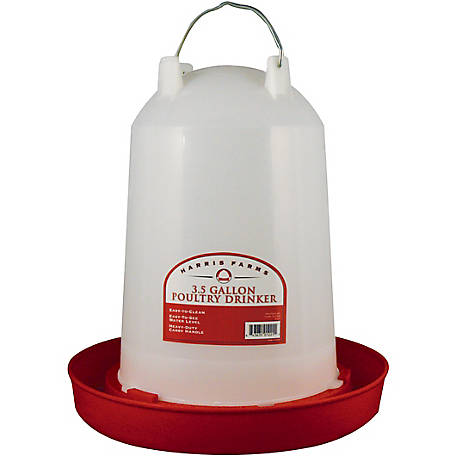
Water
Your backyard chickens will need water. Providing them clean, fresh water is obviously best. You will probably see them drinking out of a muddy puddle after a good rainstorm or the sprinklers are shut off. Just like the saying goes: “You can take a horse to water, but you can not make him drink.” But at least you know you did provide some good water for them.
You will notice that your chickens poop a lot around their water source. A common backyard chicken waterer looks like the one above. These do work and come in different sizes to help match your flock size. You will need to clean these waters out quite often though. Chickens scratch saw dust or straw up in the air which lands in the waterer. I have seen, plenty of times, hens standing on top of them. There will be poop on top or even in the water.
I recommend getting or making a waterer with nipples. The ones I recommend are horizontal side mounted. They won’t leak like the bottom mounted water nipples and they do not have big cups to collect dirt and saw dust. Depending on the size of the container and the number of chickens you have, you will only need to refill this waterer every few days.
For those of us with colder winter months, you will want to make sure the water does not freeze. A heated waterer is a life saver for those chilly months.
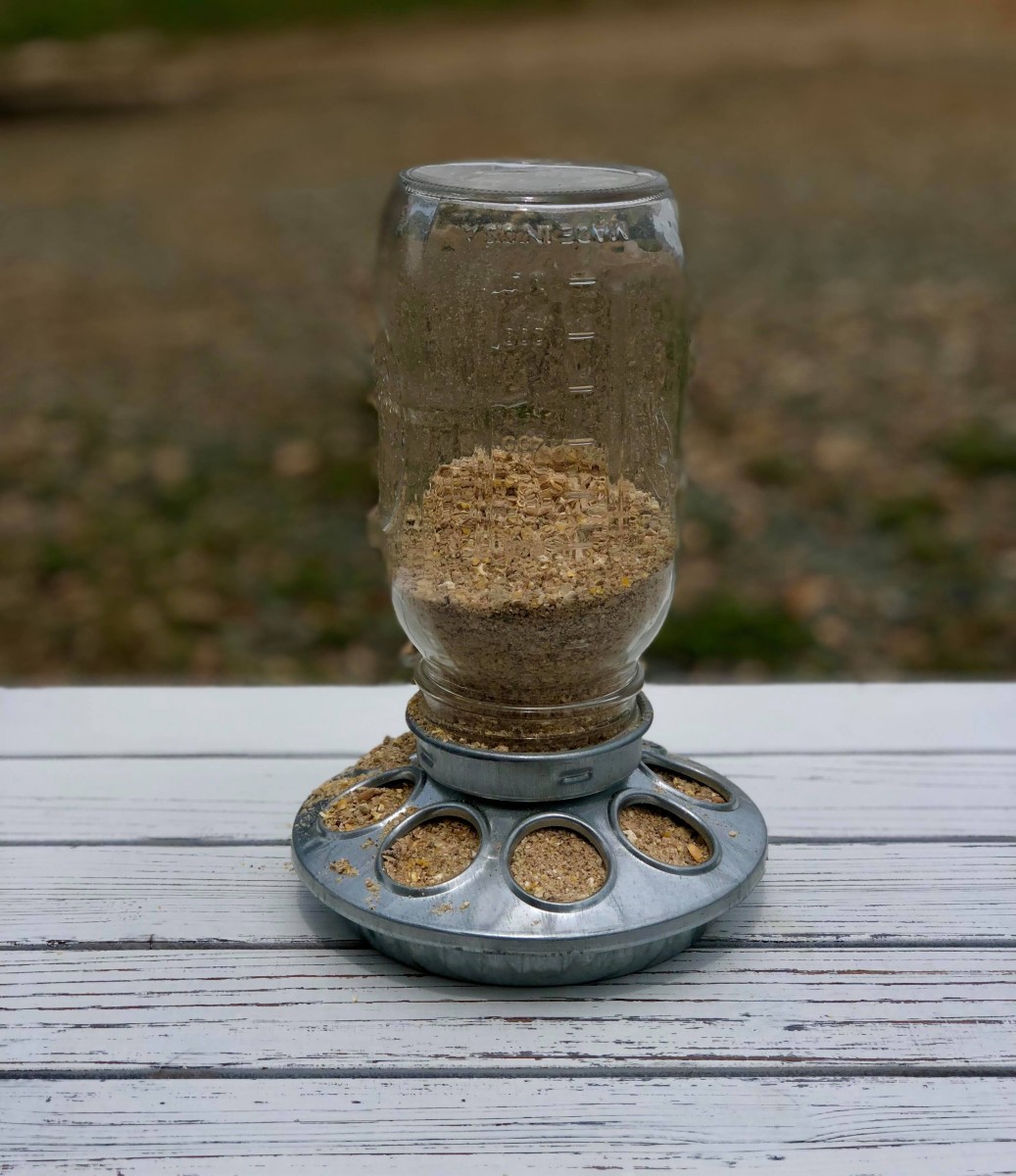
Food
It is probably not a big surprise at this point that you need to feed your backyard chicken flock. A majority of their daily food will come from a food you give them and whatever they come across as they are out foraging around.
Chicken Feed
Chicken feed usually comes in pellets or crumbles. There are different types used depending on the age of your backyard chickens. I recommend using one of these complete feeds bought commercially. You can pay to have your own feed mixed as an alternative. Make sure the ingredients and the amounts mixed will provide your flock with enough of the right nutrients.
The more time your chickens have to free range, the less commercial feed they will consume. So that is a nice cost savings potential for you.
Grit
Grit is small pieces of rock that is used in the chickens gullet. The pieces crush the food into smaller pieces so it can go down the digestive track. If your backyard chickens get free range time, they probably won’t need grit from you. But it is always a smart idea to have some around, just in case.
Oyster Shells/Egg Shells
These are used to raise the calcium levels of laying hens. They need a higher amount of calcium when they start laying to help lay eggs with hard enough shells. If you notice egg shells that are a little thin, make sure there is enough oyster shells or egg shells to help supplement.
Chicken feeders like the one in the picture above work well. Make sure it is hanging so your chickens can’t scratch the feed out and onto the ground. You can also build a feeder pretty easily. These are great because you can hold several days worth of feed in them. Also, they are fully contained so you have less waste from chickens, yet again, pooping in it.
So now that you know the basics of what chickens needs, what does a normal day look like as a backyard chicken keeper?
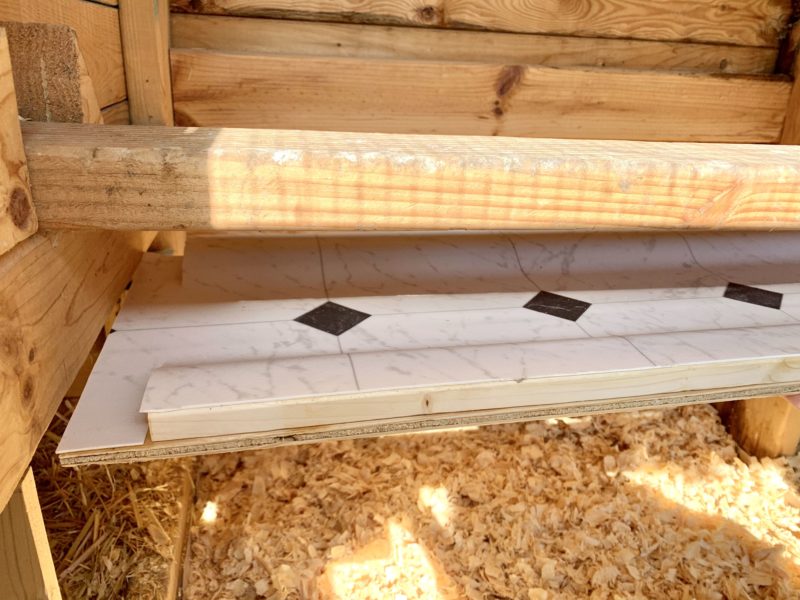
Clean The Coop
I would say this is not an everyday thing. If you want it to be, you are more than welcome. The main part of cleaning the coop is collecting the chicken manure. If you are not doing a deep litter method, then maybe once a week you can collect any manure from the floor, nesting boxes, etc. The picture above is a droppings board. You can see it is sloped toward the middle which makes it really easy to scrape any droppings into a bucket.
Then….maybe in the spring and then again in the fall….do a deeper clean. Bring out some vinegar or a commercial product made for chicken coops and give it a good wipe down.
Temperature Check
When you are doing your daily check, make sure the temperature is ok for your hens. Make sure that the ventilation is not blocked. If you are like me and have a winter season, you will probably need a heat lamp. You will need to make sure that the heat lamp is up high enough so that it will not get pecked. Also make sure it is secure so it will not fall.
I was sitting in the basement one night watching a TV show and I could have sworn I smelled burning. I ignored it at first, but after a few minutes I went outside to investigate. Man am I lucky I did. The heat lamp had somehow come in contact with a wood wall. It was slowly burning a hole in the wall. That could have ended a lot differently.
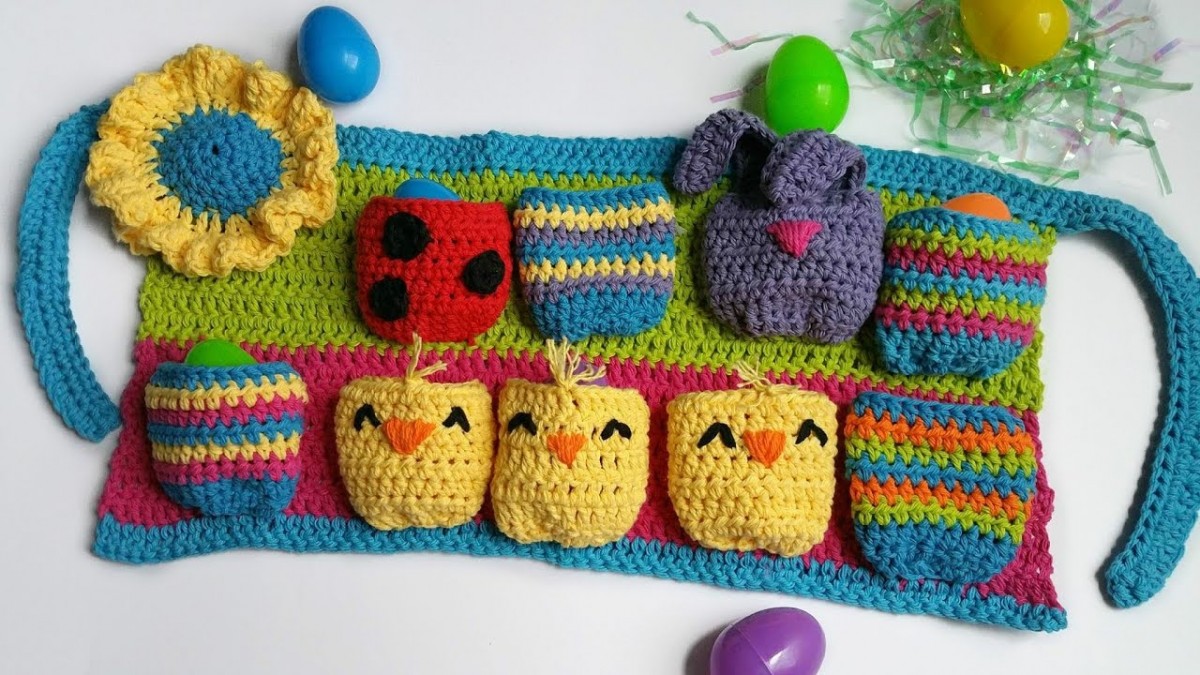
Egg Collecting
This is the best part of having backyard chickens. Make sure you buy a nice little basket or an egg apron and go collect those eggs. I know my kids always love lifting that lid on the nesting box and seeing a pile of eggs in there.
Basic Health
Spend some time with your birds. While you are at the coop collecting eggs and making sure the temperature is fine, watch your birds for a few minutes. Are they talking to each other? Are they walking normally? Do their legs and feathers look normal? If you can notice signs of sickness early on, you will be better off.
It won’t hurt to even hold them. I’ve never had chickens that really let me hold them much. But the more you associate with them, the closer they let you get.
Last Tip
The final tip I will leave you with is to get an automatic chicken coop door. Make sure you click and read our review. This is, in my honest opinion, a number one time savings! The worst part, to me, with having chickens is having to get up in the morning and let them out. I am not a morning person, at all. Being able to have the door automatically at the right time will save you a ton of hassle!
So now that you know what you are doing, you probably realize that raising backyard chickens really does not take a lot of time. With the right feeder and waterer set up, you only need to refill them once or twice a week. Your automatic chicken coop door is letting your hens out in the morning and making sure they are safe and secure at night. Give the coop a quick cleaning and you are good to go.
I hope this article gives you the confidence you need to make the leap to keeping backyard chickens. Check out our other articles to learn more. Make sure you hit the share button to share this with your friends. Remember, sharing is caring and helps us keep growing here at BackyardChickensHQ.com.
